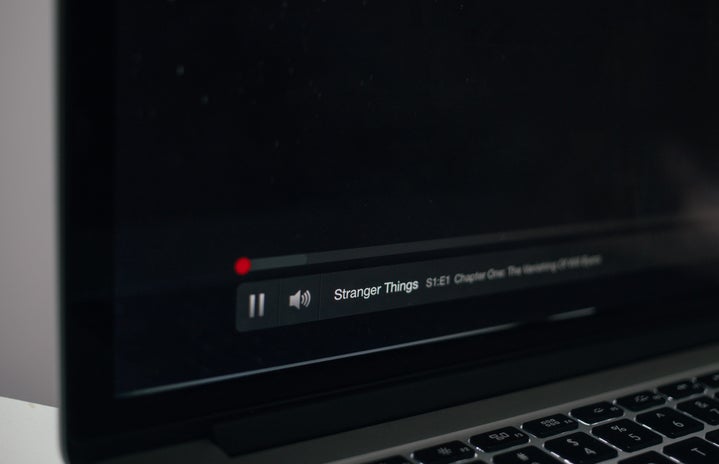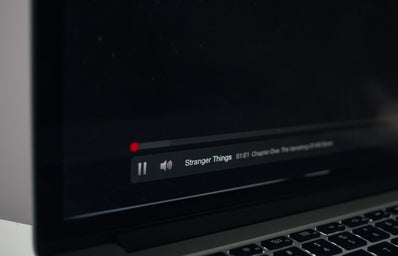It was hard to miss Amazon’s new comedy Fleabag at the 2019 Emmys, where it swept up awards for Casting in a Comedy Series, Lead Actress in a Comedy Series, and Outstanding Comedy Series. Fleabag, though noteworthy for many things, is getting special attention for its heroine, if she can even be labeled as such. Self-serving, angry, dysfunctional, and named for her lackluster personality, Fleabag is but one example of a trope becoming increasingly popular television today: the antihero.
Like any regular hero, antiheroes are protagonists; the plot revolves around them, and they are the focus of the show. They have their flaws, like any other well-rounded character, but often their worst qualities are their most prominent ones. Heroes battle outside forces to achieve their goals, while with antiheroes, the internal conflict plays just as much of a role as those in the world around them. And this sort of character development is becoming much more popular in our media.
Besides Fleabag, there are many shows from recent years that use the similar character tropes. Their personalities may range from indifferent to downright cruel, but all have qualities that undoubtedly eliminate them from the category of “hero.”
Bojack Horseman is washed-up, Michael Scott is tactless and obnoxious, Blair Waldorf is manipulative and insecure. Other popular antiheroes include Sherlock, Dexter Morgan, Dr. Gregory House, Barney Stinson, Lucifer, Nadia Vulvokov, Jax Teller, and Larry David.
Orange is the New Black and The Good Place both feature an entire cast of characters that are all imprisoned or damned for their faults, and It’s Always Sunny in Philadelphia describes its characters as “depraved underachievers.” The breakout-show Euphoria has been noted for how unrelentingly it shows the struggles of its characters.
Even on the big screen, a motley crew like the cast of It or Suicide Squad, or the witty, sarcastic Deadpool have all proved more memorable than more typical protagonists. All have their fair share of imperfections, but one can’t help rooting for them to succeed in spite of themselves.
At the end of the day, an antihero is usually more fun to watch, explaining its sudden rise in popularity. Another explanation could be that the demand for relatability among our onscreen characters is higher than ever. Many productions have taken steps to include characters more diverse in race, background, gender and sexual identity, and it seems diversity of personality was called for as well. Recognizing that imperfect characters are still worthy of a narrative in their own right is more gratifying and relatable for viewers. People want characters like them that are making their own way in the world. In times like these, a Rory Gilmore pales in comparison to a Rue.
With so many young people relating to these kinds of characters, many are quick to note how troubling it is that Gen Z is so nihilistic. But a more optimistic take would be that in the face of the many problems and hyper-awareness that has been forced upon them, Gen Z is less willing than past generations to put up with the outdated. If the Area 51 phenomenon taught us anything, its that where other generations rebelled against authority in their youths, Gen Z seems unwilling to acknowledge authority at all. It’s uncharted territory, but an evidently empowering sentiment to live by, as openness about one’s struggles is becoming more normalized. Younger generations aren’t more pessimistic about human nature, they just don’t want its complexity ignored, even in their media. Identifying with an antihero could be seen as owning one’s humanity as a whole, for both its good and bad parts.


